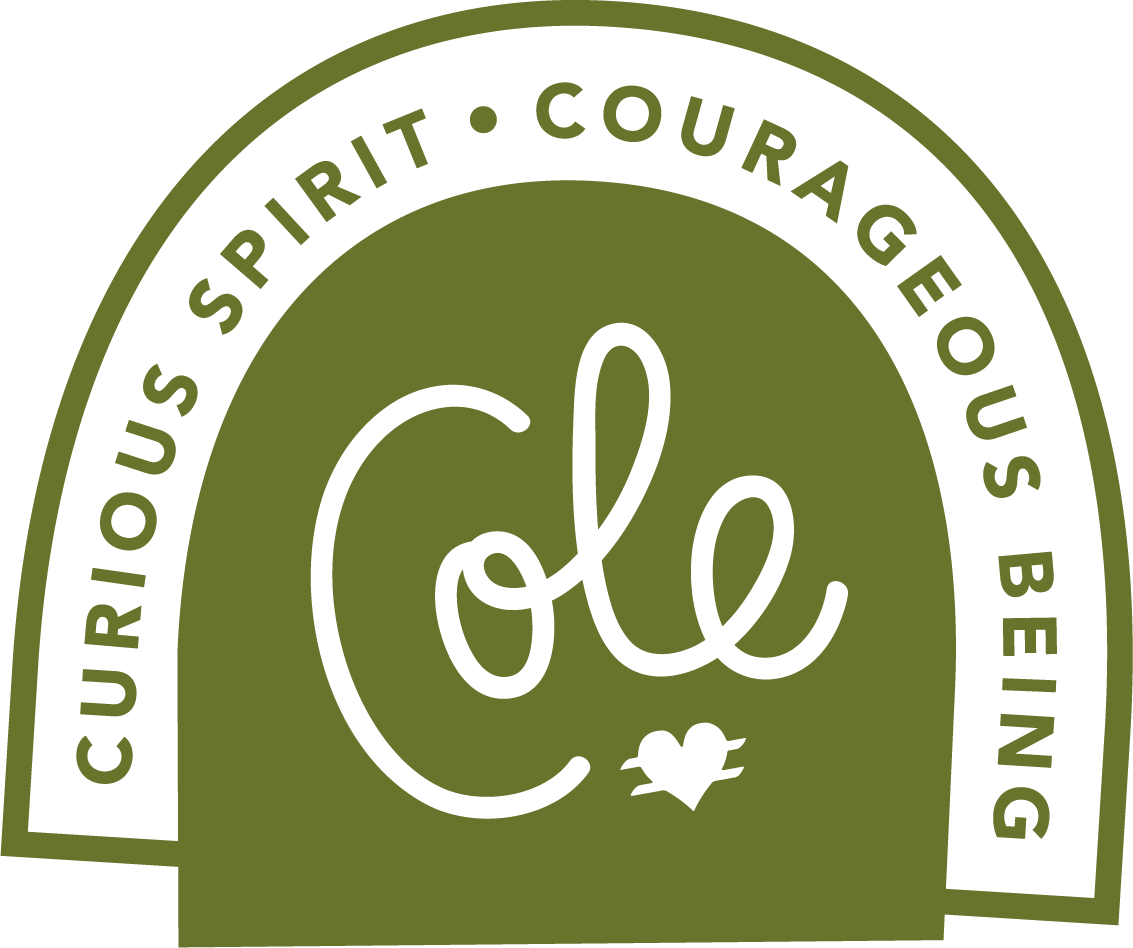Food, Place and Loss
There’s something about sunchokes—they seem seasonless to me (they aren’t….they are definitely a cold season root vegetable). I think they seem seasonless to me because I only first tasted one in adulthood, and because they are something I mostly find on restaurant menus, and almost never in my home. I eat them wherever I find them instead of when they are in season.
Food has place: place in terms of location, and place in terms of time.
Tang®, for example, can be found in my childhood summers at my friend’s houses in Cincinnati, or in my cousins’ hot trailer patios in Mishawaka, Indiana. Sushi and white wine can be found tucked into my young, newlywed adult life in the suburbs of Cincinnati in my early 20s. But sunchokes? These wonderfully creamy, bloomy knobs belong in all kinds of places for me. Travels for work and pleasure have put me in many different chairs pulled up to many different tables in many different cities. The sunchoke is a kind of comfort food without a singular location—it’s not in my family’s cooking, or the city I grew up in, or even something attached to regular childhood vacation spots. They belong to my adult life in a suitcase—to many of the cities I’ve spent time in. If I go somewhere and I find it on a menu, in some weird way I feel like I’m ‘home.' It’s a place I recognize—one located on a plate, rather than on a map.
As a midwestern-ish teenager, I thought big cities like Los Angeles and New York must be so incredibly different from where I was from. I imagined these cities as not only places where everything in them was different, but also as places full of people so different from me. Age and a little travel experience revealed the truth—the locations and the people don’t make you different, they are how you discover that you are the same.
Working around death and dying over the years has taught me more about people than anything else. When you visit a place where you find the dying, you see that it’s also a place where the truth comes out. Everyone’s issues and insecurities bubble to the surface and as an observer, you watch a very important decision being made—to lean into the discomfort of the truth or to run from it. This is where families branch apart, or twist more tightly together—in the face of loss.
Loss can work like a mirror that reflects what you are to who you will be.
Losses, like sunchokes, are seasonless. Loss happens in winter, spring, summer and autumn. Morning, noon and night. It happens in every city (the big ones, and the small ones, too). Loss also has place: place in terms of location, and place in terms of time. Meals and losses always come with two footnotes: a where and a when.
We experience loss at different points of our lives. There are people who never lose a loved one until they are full-grown adults. But others? They might experience loss in the first days of life. Loss flavors our perspectives on life and the way in which those losses ‘happen’ to us shapes that ‘taste.’ Loss is attached to place in the same way that food is. Loss is, in a way, a string of places mixed with certain times in our lives. Like those sunchokes are tied to my life-in-a-suitcase as I traveled for work all across my 20s and 30s.
That’s why food is very much a part of death and dying, of loss in general, because it is a part of life and living. Food flavors life, and life (and loss) flavors time. And all of it becomes memories and stories that are woven into who we become. Loss makes us who we are, for better and for worse.
I’ll continue to order the sunchokes, wherever I can, and I’ll continue to experience loss, whenever it shows up.







